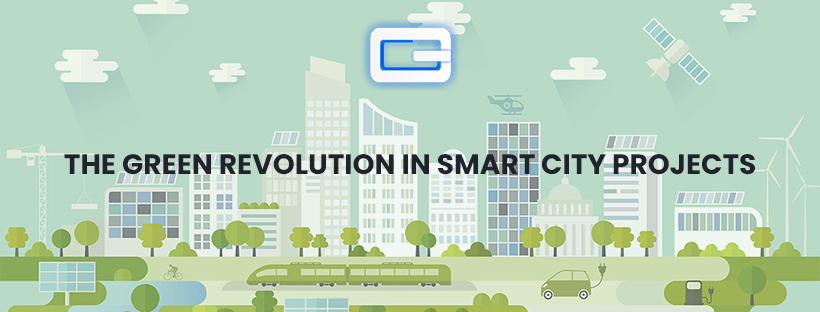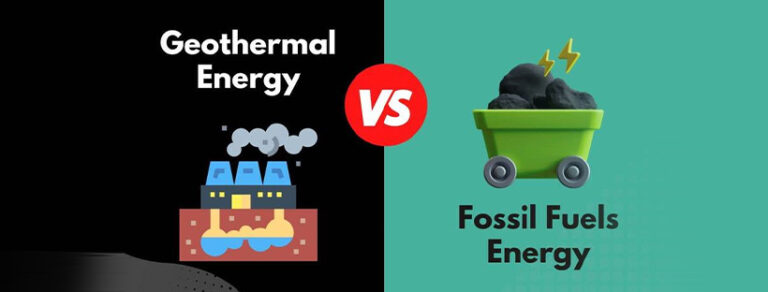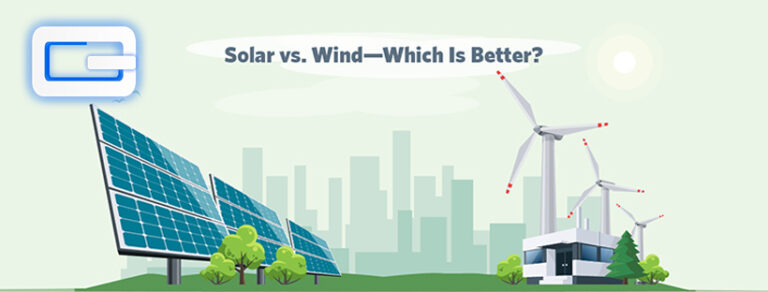In general, the ‘green revolution’ refers to the adoption of technology to improve existing farming methods and thereby increase crop yield. What is the green revolution in smart cities? It is purely adopting green, renewable, and clean energy in developing smart cities across the world to improve the livelihood of people as well as to protect the environment. It is the way smart cities incorporate green energy throughout all their utility systems and keep the environment carbon- and greenhouse-gas-free.
What is important about smart city projects for the green revolution?
Sustainability and efficiency are key to planning any smart city. Though the developed smart cities have adopted technologies that have improved governance and efficiency, there has been a gap in terms of sustainability. Thus, smart city projects that are still in the developing or planning stages can incorporate the below recommendations to make them green cities forever.
- Transportation:
For transit systems to be more efficient and cause less or no pollution, first shift from petrol to biogas. Second, start replacing conventional ICEs with electric vehicles. This can reduce the maximum use of non-renewable and carbon-emitting fuel systems.
- Utility systems:
Every utility and service system has to be IoT and AI integrated to improve the governance and usability of these systems. Ordinary meters and gauges have to be replaced with advanced sensors for quick data transfer, analysis, and interpretation. GPS and weather monitors have to integrate the latest digital technologies.
- Buildings and infrastructure:
Every piece of infrastructure must be powered by renewable energy sources for energy consumption. Also, no infrastructure must be constructed without green spaces. This keeps the environment and energy usage completely green.
Explore the top smart cities that have already progressed in the green revolution!
- Power generation: From residential areas to commercial zones, every building must be energy efficient and self-sufficient by adopting renewable energy sources. Besides, they have to contribute to the city’s energy grid.
- Waste management:
Waste management systems have to be governed and used properly. Every household and company must have access to waste management applications that enable them to safely dispose of the waste as per the category or classification. For example, waste for recycling, waste for incineration, waste for composting, etc.
- Healthcare centers:
They have to adopt the maximum number of technologies and green systems to avoid queues, prevent hospital-borne diseases, consume energy, create recreational zones, dispose of medical waste, and a lot more.
- Industries:
Manufacturing and other industries have to incorporate smart heating and cooling systems, self-sufficient solar power systems, safe discharge of chemical wastes, and filtration or collection of harmful gases before emission.
When all of these are included in the sustainable urban planning of smart cities, we will cause less environmental damage and people can use smart systems to access any public service. Imagine solar-powered street lights, e-city technology trains, smart trash systems, recycled water and waste, sustainable energy grids, green buildings, carbon-neutral industrial complexes, etc. What more valuable gift can we offer our future generations than this?
GBCorp and Green Revolution
Since its inception, GBCorp has led several initiatives to ensure we shift to green energy and bring about a green revolution in the energy sector by adopting more renewable and clean energy sources. From photovoltaic projects to electric mobility programs, the company, under the guidance of its visionary leader, is striving to save the planet and make it a better place to live.
Join them and contribute to the green revolution in smart city projects. >>>




